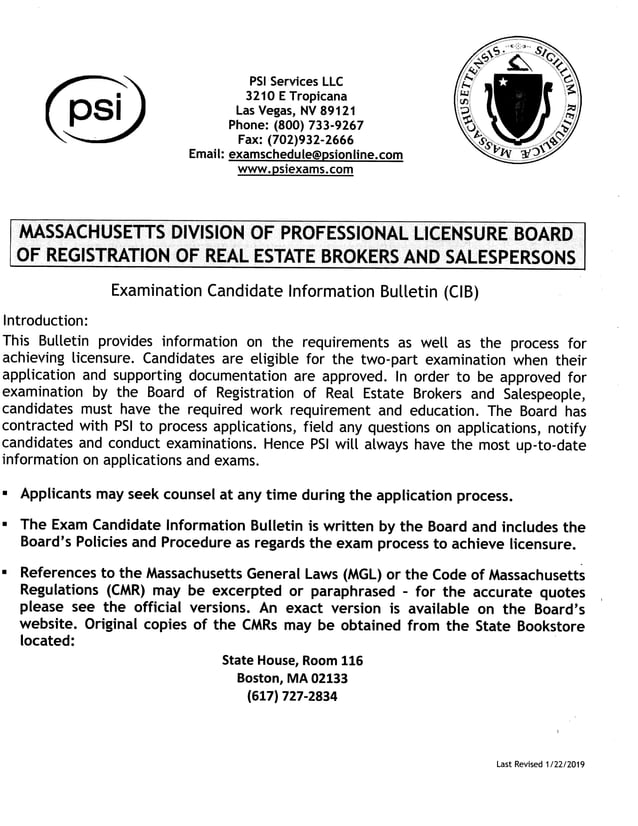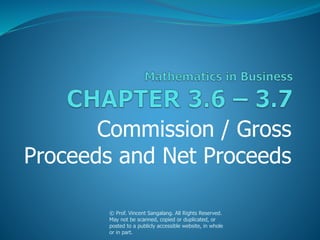
You should learn more about the company before you decide to buy a REIT. Find out about its history and how it compares to the competition. This will allow you to assess whether it will yield good dividends. It is important to be aware of the potential risks associated with REITs.
Tip to purchase REITs
If you are considering investing in REITs, it is important to consider the quality of the company and its earnings before making a decision. The company's earnings are made up of any dividends and funds from its properties. Be sure to look into the fees involved in the investment. Diversification is another important consideration. Some REITs invest heavily in a particular type of property. This can increase the risk that you will lose your investment. Diversifying your portfolio will help you minimize risk.
Set up a brokerage accounts is one of best ways to invest into REITs. This process only takes a few minutes and allows you to buy and sell publicly traded REITs. Many of these investments offer high dividends. REITs may also offer tax-favored accounts that allow you to keep your money in an account that is not subject to taxes. You won't be charged any taxes for the distributions you get.
Dividends subject to taxes
When purchasing REITs, investors should be aware of the taxes on dividends. REITs' dividends may also include capital gains. Capital gains occur when a company sells real property assets. The amount of tax due will depend upon whether the investor qualifies to receive special tax concessions. If he or she doesn't qualify for special tax concessions, the dividend will be taxed at the investor's marginal tax rate.

An investor can avoid taxes by purchasing REITs that don't require close ownership. In addition, they need to be careful to avoid REITs that do not have a five-year dividend history. REITs are generally not allowed to be held by more then 50% of individuals. The Tax Cuts and Jobs Act provides 20% deduction for income passed through.
Liquidity
Liquidity is an important consideration for REITs. It can help them withstand unexpected changes in the value of the assets. REITs may also be able to increase their worth by distributing some of their earnings towards their investors. REITs have taken advantage the lower interest rates that were available during the current downturn to increase cash balances as well as improve liquidity. REITs are not a safe investment as volatility is a part of the business.
REITs can also provide liquidity as shares are available for purchase and sale on the stock market. Investors have the option to access liquidity and make adjustments to their investment strategies or cash flow. Investors may also find REITs appealing because real estate is an uncorrelated asset class.
There are risks associated with investing in REITs
While REITs offer steady income in form of dividends and can be a good investment, they do have risks. This is because REITs are traded just like stocks and can go down in value. They are safe investments but must be competitive with other high-yield investments options. This could lead to REIT stock prices falling.
Another risk is the risk of rising interest rates. Rising interest rates can lead to higher borrowing costs for REITs which could impact their cash flow. These risks can be mitigated because REITs have strong balance sheets. The managers of these companies try to maintain a healthy level of leverage, so investors should pay close attention to this factor.

When should you buy
Before you decide to invest in REITs, it's important to consider your financial situation and investment goals. It is also important to understand how REITs affect your tax situation. These REITs generate a large portion of their value through dividends income so they might not be the best choice if you are trying to maximize your tax benefits.
Uncertainty surrounding master lease expirations is a major problem facing REITs. Investors are often driven to sell due to this uncertainty. As a result, their fundamentals have taken a hit. Despite the uncertainty many investors fail to realize the fact short-term issues don't have much impact on the long-term prospects.
FAQ
Do I need to rent or buy a condo?
Renting could be a good choice if you intend to rent your condo for a shorter period. Renting saves you money on maintenance fees and other monthly costs. However, purchasing a condo grants you ownership rights to the unit. You have the freedom to use the space however you like.
How many times can I refinance my mortgage?
This depends on whether you are refinancing with another lender or using a mortgage broker. In both cases, you can usually refinance every five years.
How do I calculate my rate of interest?
Market conditions impact the rates of interest. The average interest rate over the past week was 4.39%. The interest rate is calculated by multiplying the amount of time you are financing with the interest rate. If you finance $200,000 for 20 years at 5% annually, your interest rate would be 0.05 x 20 1.1%. This equals ten basis point.
Statistics
- The FHA sets its desirable debt-to-income ratio at 43%. (fortunebuilders.com)
- This means that all of your housing-related expenses each month do not exceed 43% of your monthly income. (fortunebuilders.com)
- 10 years ago, homeownership was nearly 70%. (fortunebuilders.com)
- When it came to buying a home in 2015, experts predicted that mortgage rates would surpass five percent, yet interest rates remained below four percent. (fortunebuilders.com)
- Private mortgage insurance may be required for conventional loans when the borrower puts less than 20% down.4 FHA loans are mortgage loans issued by private lenders and backed by the federal government. (investopedia.com)
External Links
How To
How to find real estate agents
Agents play an important role in the real-estate market. They sell homes and properties, provide property management services, and offer legal advice. Experience in the field, knowledge of the area, and communication skills will make a great real estate agent. You can look online for reviews and ask your friends and family to recommend qualified professionals. It may also make sense to hire a local realtor that specializes in your particular needs.
Realtors work with homeowners and property sellers. The job of a realtor is to assist clients in buying or selling their homes. As well as helping clients find the perfect home, realtors can also negotiate contracts, manage inspections and coordinate closing costs. A majority of realtors charge a commission fee depending on the property's sale price. Unless the transaction closes, however, some realtors charge no fee.
The National Association of Realtors(r) (NAR), offers many different types of real estate agents. NAR requires licensed realtors to pass a test. The course must be passed and the exam must be passed by certified realtors. NAR has established standards for accredited realtors.